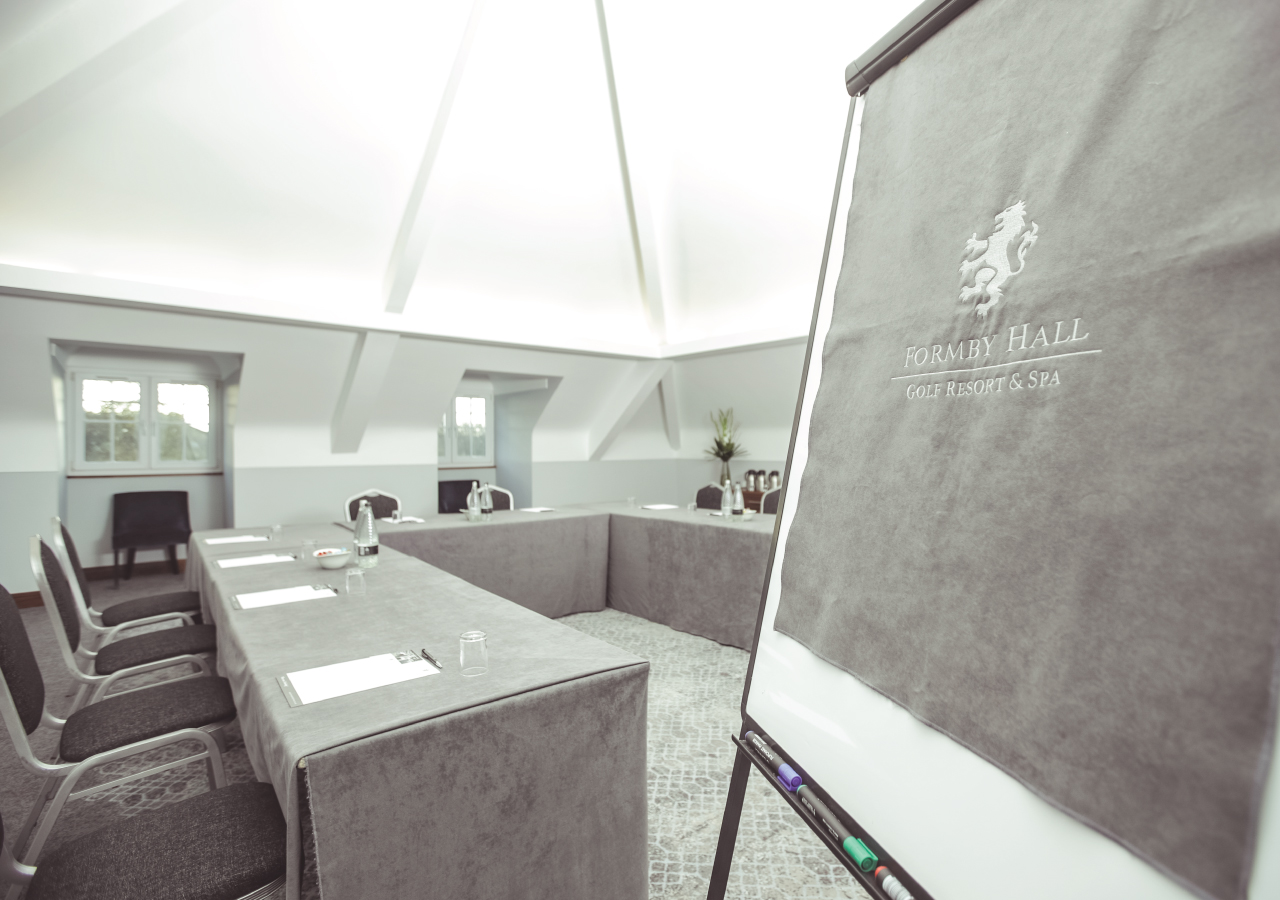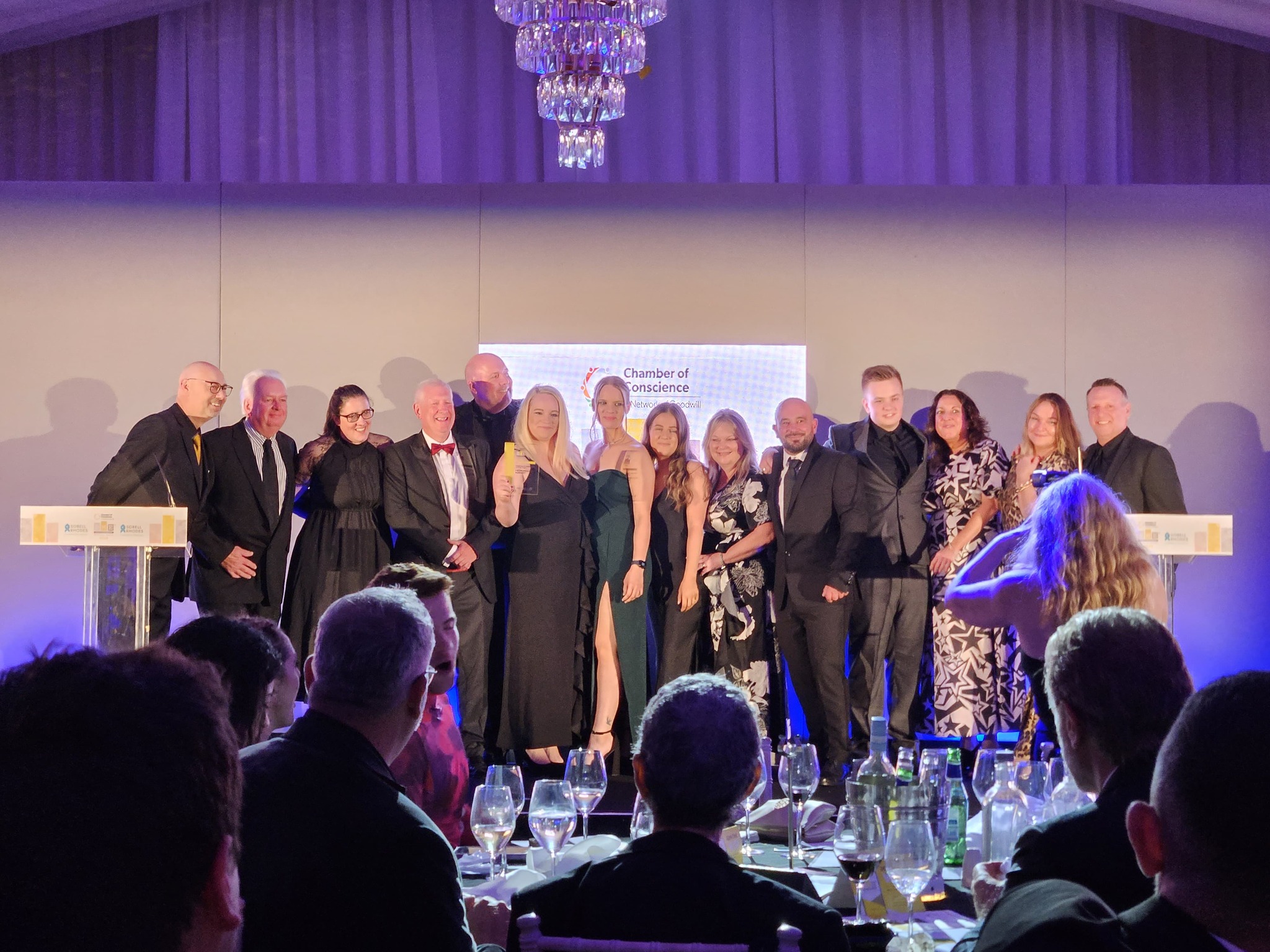It’s no secret that events are increasing in popularity as a way for companies to market themselves better both internally to their staff and externally to their customers – from conferences and meetings to exhibitions and product launches. However, a growing element of events business for venues does not come from corporate clients, but from associations.
“The association event market is a developing area within business tourism,” says Karen Tocher, business tourism manager at the Dundee and Angus Convention Bureau. “Dundee and Angus have played host to a number of major high-profile events in recent years, including the Royal College of Nursing International Research Conference, Transatlantic Studies Association Annual Conference and the Scottish Association of Oral and Maxillofacial Surgeons Annual Conference. These events attracted a host of delegates from the UK and abroad.”
Overall in 2007, association events generated more than £8 million for the Dundee and Angus area, underlining their economic importance. The same is true hundreds of miles away in London, where one of the capital’s leading venues, The Queen Elizabeth II Conference Centre, has experienced an increase in enquiries from national associations.
“This has been very noticeable since the London 2012 Olympics was announced two years ago,” says the venue’s international sales manager, Sue Etherington. “It has yet to translate into an increase in confirmed business, but we do forecast that this will lead to an growth in the number of association events held in London in the years 2010-2015. We believe this is due to a renewed interest in London and the UK for international association events, and the country pride of national associations wishing to promote London and the UK to international colleagues and peers.”
This means association events’ current 27% slice of the QEIICC’s annual revenue looks set to rise significantly. But what are associations looking for in a venue and how does this differ from corporates?
“Most associations are looking for greater support and advice from a venue,” says Etherington. “They tend not to be so experienced in organising conferences and have diverse stakeholder requirements, so are looking for more in-depth help in planning and organising a conference.”
Tocher agrees, adding: “Support in terms of funding also plays a key role.”
From a destination perspective, associations are primarily looking for an attractive location for their events, according to Etherington. “They have to stimulate delegates to commit to attend and pay – as opposed to corporate events, which are normally mandated attendance and not paid for by the delegates,” she says. “Therefore an attractive destination, with easy access and value for money, is vital to associations. The range of, and ease of access to, social and tourist facilities are also important in this sector.”
Overall, association organisers are more demanding than corporates, and this means that venues looking to attract them need to offer the right level of support.
“Venues can attract more association business by working more closely with linked suppliers in their area, so they are able to offer a total package of information to an association considering their venue for a conference,” says Etherington. “It’s also important to offer time, advice and support in helping the association to reach its objectives. Associations often don’t have a conference organiser, and committee-led decisions mean they need time and support to help them reach their objectives.”
An increasingly popular technique used to attract association business to destinations is ambassador programmes, like the one used by the Dundee and Angus Convention Bureau.
“Our ambassadors programme initiative draws on the skills of the many leading experts that the area boasts in the fields of bio-technology, life sciences, digital media, medicine, law and education,” explains Tocher. “Creating collaboration between the convention bureau, association planners and professionals from the relevant sector, the programme helps to ensure the needs of delegates are met by the area, looking at every aspect from what the destination offers to the finer details of the event.”
A major challenge faced by many association planners is that they often have to stick to strict budgets. “This is where convention bureaus can often provide crucial support,” says Tocher. “An expert knowledge of the destination combined with advice, can help to create a price-sensitive structure for the event to ensure that organisers stay within budget, without compromising the reputation and success of the conference.”
She also believes that understanding the needs of the association planner and those of the delegates, who will attend the event, is crucial for any destination.
“It’s certainly worth taking time to develop a sound understanding of basic factors, such as the market and the overall structure of the event through to having a clear comprehension of the outcomes the conference wants to achieve,” says Etherington. “These are all important factors that contribute towards the conference being well received.”
Of course, this means both venues and destination bureaus putting in additional time and effort, but the rewards for doing so could be considerable.






